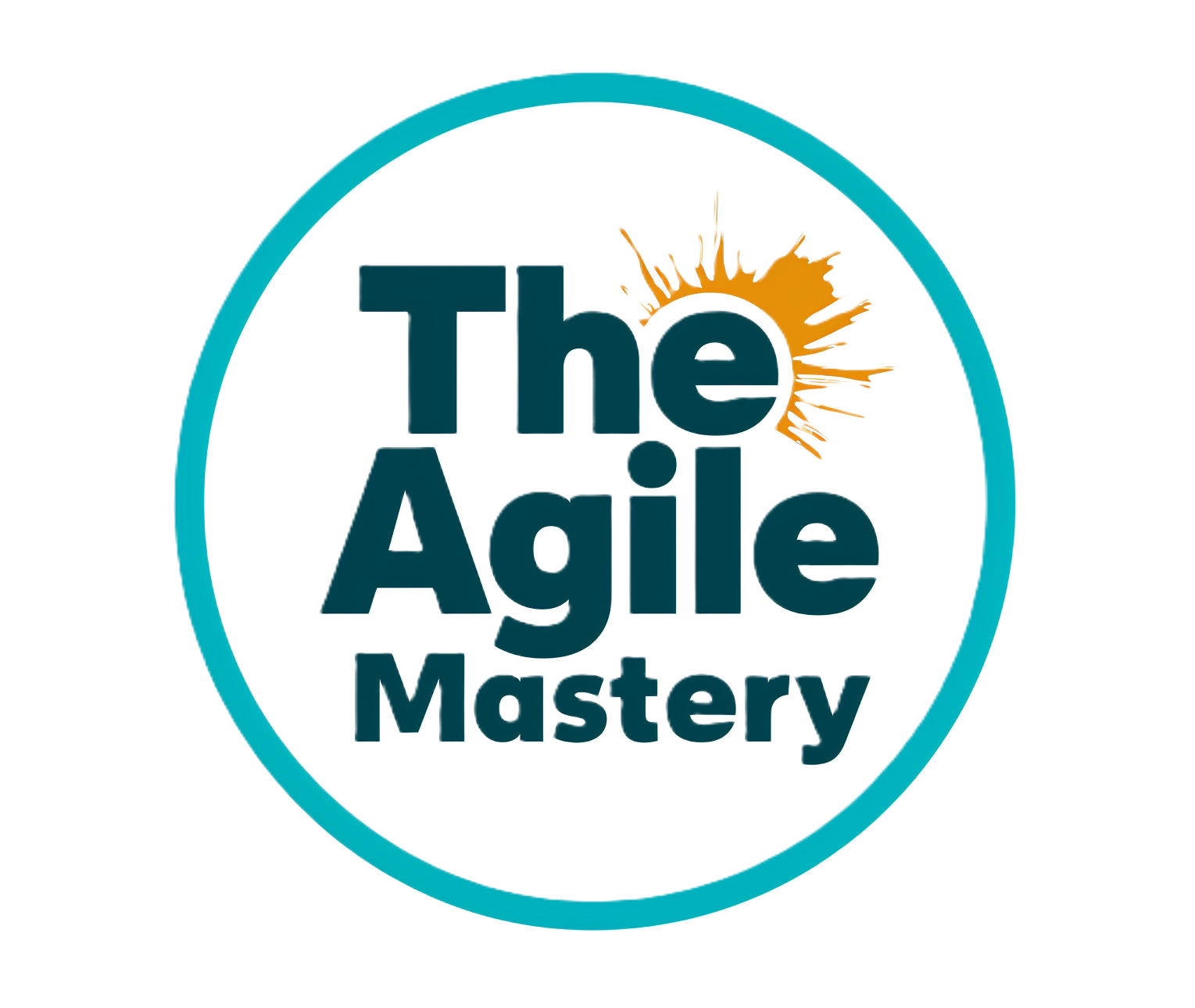In the fast-paced world of business, adaptability and efficiency are paramount. This is where the iterative framework “Scrum” comes into play. Scrum has emerged as a powerful methodology for project management, particularly in the realm of software development. In this article, we will delve into the basics of Scrum and emphasize the critical role that competent guidance plays in successfully implementing this framework within real-life businesses.
Scrum is an agile project management framework that enables teams to collaborate and respond swiftly to changing requirements. At its core, Scrum divides projects into manageable units called “sprints,” typically lasting two to four weeks. During each sprint, cross-functional teams work together to deliver a potentially shippable product increment. The framework consists of specific roles, events, and artifacts that foster transparency, inspection, and adaptation.
Key Components of Scrum:
Roles:
Product Owner: Represents the stakeholders and defines project requirements.
Scrum Master: Facilitates the Scrum process, ensures adherence to Scrum principles, and removes obstacles.
Development Team: Cross-functional group responsible for delivering the product increment.
Events:
Sprint Planning: The team plans the work to be done during the sprint.
Daily Standup: Quick daily meeting to discuss progress and potential impediments.
Sprint Review: Team showcases the completed work to stakeholders.
Sprint Retrospective: Reflection on the sprint’s outcomes and identification of improvements.
Artifacts:
Product Backlog: Prioritized list of features, user stories, and tasks.
Sprint Backlog: Subset of the product backlog selected for the current sprint.
Increment: The sum of all completed backlog items at the end of a sprint.
Implementing Scrum successfully requires more than just adopting its practices; it demands a deep understanding of its principles and an ability to adapt them to the unique context of each business. Competent guidance plays a pivotal role in several ways:
Customization and Tailoring:
A competent Scrum Master can adapt Scrum practices to the specific needs of the business, ensuring that the framework aligns with the organization’s culture, size, and industry.
Effective Problem Solving:
Competent guidance helps identify and resolve obstacles that might hinder the successful implementation of Scrum, ensuring smoother progress and continuous improvement.
Stakeholder Alignment:
A skilled Product Owner can bridge the gap between stakeholders and the development team, ensuring that project requirements are clearly communicated and prioritized.
Ensuring Adherence to Values:
Competent guidance fosters adherence to Scrum’s core values, including openness, courage, commitment, and respect. This contributes to a healthy and collaborative work environment.
Continuous Improvement:
With experienced Scrum Masters, teams are better equipped to evaluate their processes during retrospectives and make necessary adjustments for enhanced performance in subsequent sprints.

How can Agile Coach help the team
An Agile Coach plays a crucial role in helping teams improve their working practices and increase the quality of their work by providing guidance, support, and coaching on Agile principles and practices. Here are some ways an Agile Coach can contribute to these improvements
Educating Teams: Agile Coaches can start by educating teams on Agile values, principles, and methodologies, ensuring that team members have a solid understanding of the framework they are working within. This creates a shared knowledge base.
Customized Agile Adoption: Agile Coaches assess the specific needs and context of the team and tailor Agile practices to fit their unique requirements. Not every Agile practice will work the same way for every team, and a coach helps teams find the right fit.
Scrum and Kanban Implementation: If the team is using Scrum or Kanban, Agile Coaches help establish the necessary ceremonies and processes to ensure efficient work and continuous improvement.
Facilitating Agile Ceremonies: Coaches can facilitate various Agile ceremonies, such as daily stand-ups, sprint planning, sprint review, and sprint retrospective meetings. They ensure these meetings are effective and serve their intended purpose.
Coaching on Agile Practices: Agile Coaches guide teams in implementing Agile practices like user stories, backlog management, and burndown charts. They teach the team how to create well-defined stories, prioritize them, and track progress.
Continuous Improvement: Agile Coaches help teams identify areas for improvement through regular retrospectives. They assist in root cause analysis and the development of action plans to address identified issues.
Quality Assurance: Agile Coaches emphasize the importance of quality throughout the development process. They encourage practices like Test-Driven Development (TDD) and Continuous Integration (CI) to maintain high-quality code.
Removing Impediments: Coaches identify and help remove impediments or roadblocks that hinder the team’s progress. This could involve working with other stakeholders or teams to resolve issues.
Conflict Resolution: Agile Coaches assist in resolving conflicts within the team or between team members and stakeholders. They promote open communication and collaboration.
Promoting Self-Organization: Coaches encourage teams to become self-organizing and take ownership of their work. They help team members develop the skills and mindset needed for self-management.
Skill Development: Agile Coaches identify skill gaps within the team and offer training or guidance to fill those gaps. This could involve technical skills, communication skills, or Agile-related skills.
Stakeholder Engagement: Coaches help teams collaborate effectively with stakeholders, such as product owners and customers, to ensure that the product meets their needs and expectations.
Monitoring Progress: Agile Coaches help teams track their progress using appropriate metrics and ensure that the team has visibility into its performance and can make data-driven decisions.
Culture Transformation: Coaches work on fostering an Agile mindset and culture within the organization, emphasizing values like transparency, collaboration, and adaptability.
Mentoring and Leadership Development: Agile Coaches mentor team members, Scrum Masters, and Product Owners, and help develop leadership skills to improve overall team dynamics and effectiveness.
By fulfilling these roles, an Agile Coach acts as a catalyst for continuous improvement, empowering teams to enhance their working practices and increase the quality of their work over time. The coaching relationship is ongoing, with the Agile Coach providing support as the team’s needs evolve.
Scrum is more than just a set of practices; it’s a mindset that can drive businesses toward efficiency, innovation, and adaptability. While adopting Scrum may seem straightforward, the importance of competent guidance cannot be overstated. Businesses that prioritize skilled Scrum Masters and Product Owners stand a better chance of reaping the full benefits of this iterative framework. In a world where change is constant, Scrum, guided competently, provides a compass to navigate the challenges of modern business. Its one step forward to The Agile Mastery
